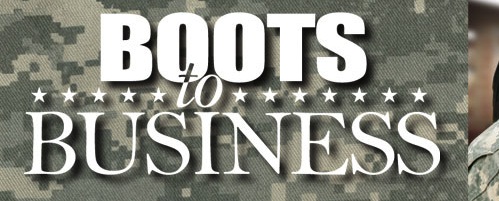Congressman Introduces Legislation to Help Businesses with Guard/Reservist Absences
By Debbie Gregory.
In a small business, everyone who works there is valuable. So when a worker who serves in the National Guard or the Reserves gets called up, it can be a hardship for the business, whether it’s the owner, the CEO or an essential employee.
In an effort to help small businesses when this happens, Congressman Brad Schneider (D-IL) has introduced bipartisan legislation to improve existing Small Business Administration (SBA) programs offering loans and deferrals, which are currently underutilized due to a lack of awareness and because their eligibility restrictions do not fully reflect current deployment practices.
H.R. 7199, the National Guard and Reserve Entrepreneurship Act, would restructure these programs so that companies are eligible whenever a Guardsman is performing active services for more than 30 days, in contrast to current law which requires the Guardsman to be deployed “during a period of military conflict.”
The bill would also direct SBA to work with the National Guard and State Adjutant Generals to raise awareness of other SBA programs that would be helpful to Guardsmen or affected businesses, and to develop more targeted outreach.
The programs include:
• Military Reservist Economic Injury Disaster Loan (MREIDL), a direct loan program that provides emergency working capital to small businesses to meet their obligations until operations return to normal after the essential employee is released from active duty military
• Repayment Deferral for Active Duty Reservists (Repayment Deferral), which authorizes the SBA to work with private lenders to defer interest or loan repayment for small businesses facing similar situations.
“National Guard members and military reservists are an integral part of our armed forces and national defense,” said Schneider. “We should do everything we can to support their service. This bill makes current support programs at the SBA more accessible and efficient so more small businesses have support while members of their team fulfill their military service obligations.”












